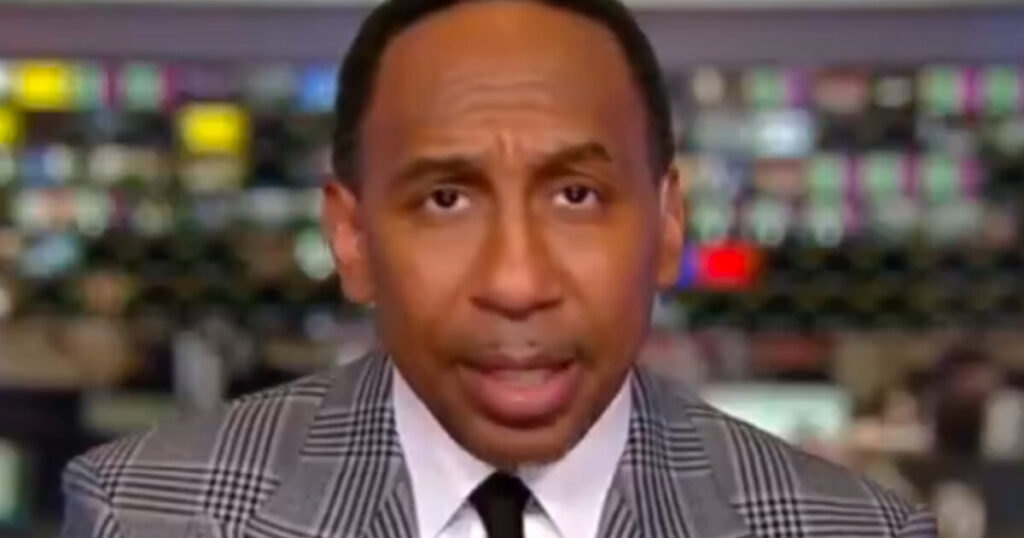ESPN commentator Stephen A. Smith recently expressed regret over his vote for Vice President Kamala Harris, revealing a significant change in his political outlook. During an interview with Fox News host Mark Levin, Smith articulated his disillusionment with the Democratic Party, stating, “I voted Democrat, and I got to tell you something right now: I don’t like the fact that I did.” This stark admission highlights a growing discontent that he feels toward the party’s direction and leadership. Smith’s experience reflects a broader sentiment among voters who may feel disconnected from their respective parties, indicating a potential shift in political allegiance among traditionally Democratic voters.
Despite his past voting choices, Smith indicated a willingness to consider Republican policies moving forward. He mentioned being “open-minded” about exploring options that the Republican Party presents, signifying a more flexible approach to his political beliefs. This openness marks a departure from his historical voting pattern, where he has never cast a ballot for a Republican candidate. Smith emphasized that his primary concern is the benefit of the American people rather than party loyalty. He is advocating for a focus on effective governance and policy, rather than the personal allegiance to any specific leader, which he feels has overshadowed essential political duties in recent years.
When reflecting on his choice to vote for Harris over Donald Trump, Smith underscored his concerns regarding Trump’s leadership style. He described Trump’s demand for loyalty and personal fealty as potentially divisive, warning against the leadership chaos that could ensue. Smith emphasized that the political focus should be on serving the interests of the nation and its citizens, rather than prioritizing loyalty to individual leaders. His comments suggest a desire for accountability and professionalism in political leadership, pointing out the need for adults in governance who can rise above personal conflicts and juvenile behavior, such as public feuds and incessant social media engagement.
Furthermore, Smith has not shied away from criticizing principles within the Democratic Party, showcasing his ability to challenge leftist narratives. He notably expressed disdain for President Joe Biden’s decision to pardon his son Hunter, which he characterized as insufficiently justified. This critique illustrates Smith’s broader stance of holding political leaders accountable, regardless of their party affiliation. He described Biden’s explanation regarding the pardon as “weak” and “pathetic,” suggesting that he believes many critics perceive it as lacking credibility or moral clarity. By taking a firm stance against his party’s leadership, Smith underscores his commitment to genuine policy discussions rather than blind loyalty.
Smith’s critique of both major political parties indicates a searching for a political environment that prioritizes efficacy and integrity in leadership. The regret he has articulated signifies a moment of self-reflection and a reconsideration of what he values in political representatives. He implicitly calls for a political landscape where leaders are held to higher standards, focusing on their duties to the public rather than pursuing personal aggrandizement. Smith’s concerns resonate with a segment of the electorate that is disillusioned with partisanship and is yearning for substantive policy debates over loyalty to party lines.
As Smith continues to navigate his political views, his journey reflects a larger dialogue occurring throughout the nation. Many Americans are grappling with similar feelings of disillusionment and regret about their past voting decisions, leading to increased scrutiny of both political parties. Smith’s evolution embraces a more nuanced understanding of politics, extending beyond traditional party boundaries and emphasizing the importance of leadership that prioritizes the collective good. His experiences illustrate a critical moment in American political discourse, highlighting the necessity for voters to critically assess their choices and advocate for policies that resonate with their values and support the well-being of the country as a whole.

